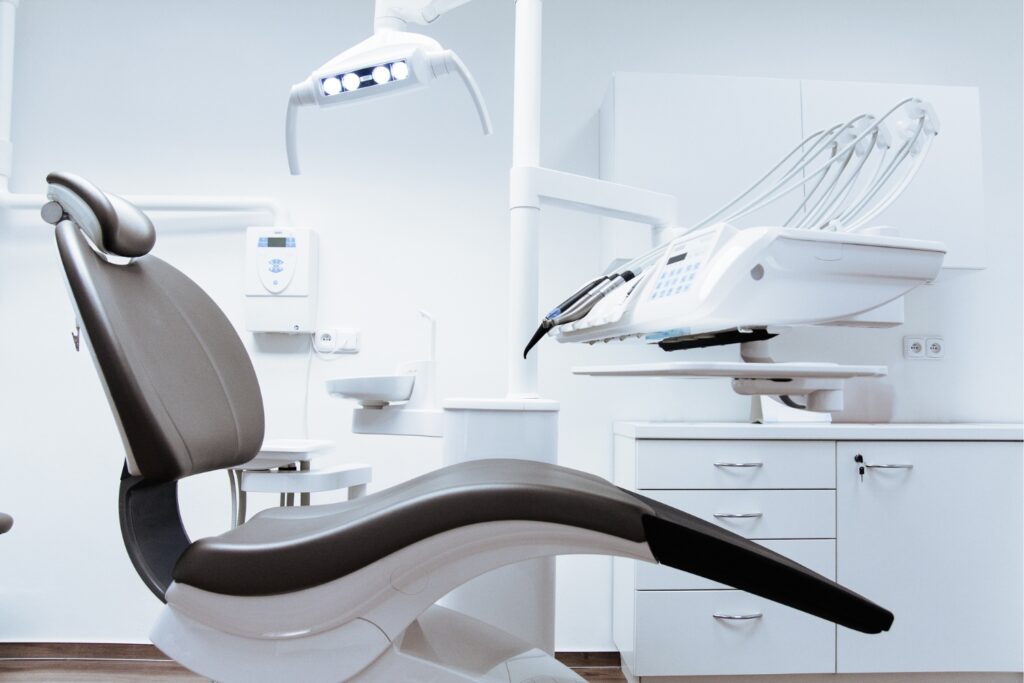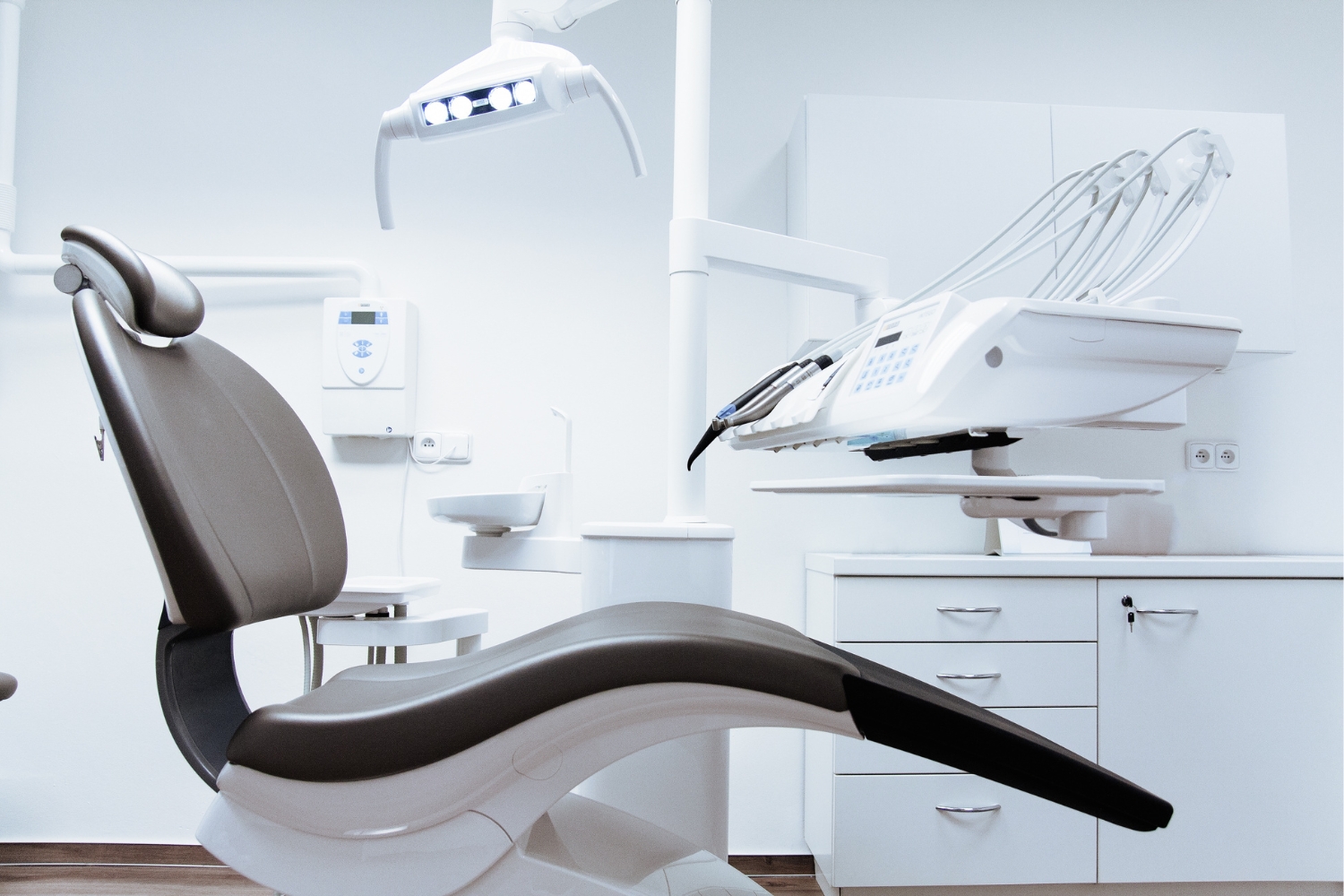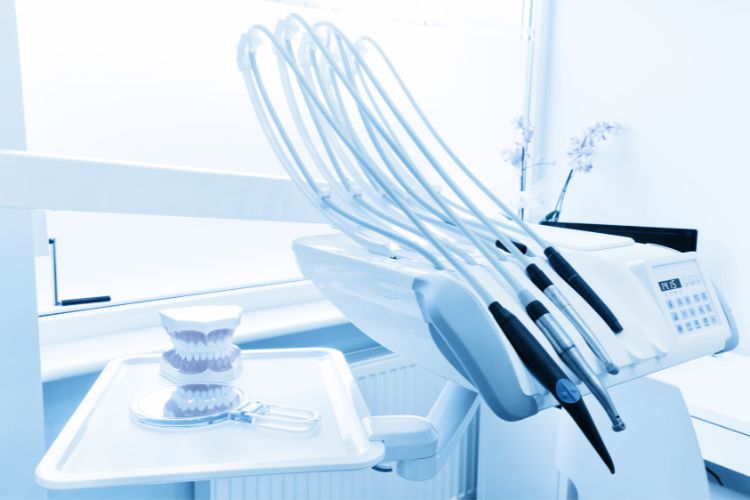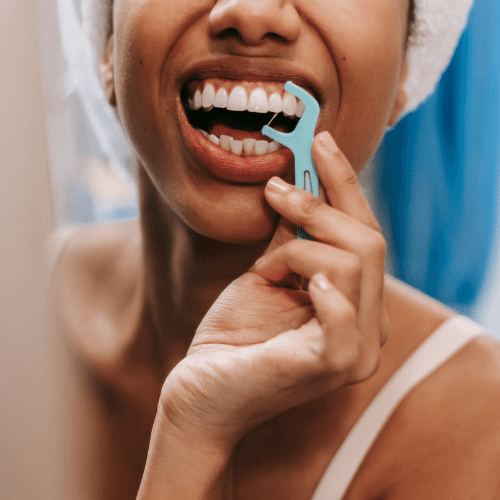What to Look for When Visiting An Emergency Dentist
Visiting An Emergency Dentist: What To Look For
Finding a qualified dentist to address emergency needs can be stressful. After all, it’s hard enough dealing with the sudden onset of pain or other serious dental problems – the last thing you want is for your chosen professional to make matters worse. Whether you are an Easton resident looking for a new usual dentist or simply need reliable care quickly in an emergency situation, our guide to locating and evaluating dentists will help ensure that your experience is positive and productive. Read on to learn more about what sets a truly trustworthy emergency dental practice apart and what to look for when visiting an emergency dentist!

Research the emergency dentist prior to your visit, looking for reviews and credentials
When it comes to unexpected dental emergencies, it’s important to be prepared and stay calm. One way to ease your worries is to research emergency dentists in your area prior to your visit. By doing so, you can gather information on their reviews and credentials, which can give you peace of mind knowing that you’ll be in good hands. Make sure to read through patient testimonials and research their education and experience. This can help you feel confident in your choice and ensure that you receive optimal care during your visit. Taking the time to research emergency dentists beforehand can help alleviate any anxiety you may have and allow you to focus on getting the treatment you need.
Have a list of questions ready for the doctor when they arrive
It’s always a good idea to be prepared with a list of questions when your doctor comes to visit. Whether it’s for a routine check-up or a more serious matter, having your questions ready can help ensure clear communication with your healthcare provider. This way, you can fully understand the diagnosis and treatment options available to you and make informed decisions about your health. Remember that your doctor is there to help you, so don’t hesitate to ask any and all questions that come to mind. With a list in hand, you can confidently discuss your concerns and work together to create a plan that best suits your needs.
Ask about the practice’s protocol regarding different types of dental emergencies
In the event of a dental emergency, it is important to know the protocol of your dental practice. Whether it is a cracked tooth, abscess, or traumatic injury, your dentist should have a plan in place for handling the situation. It is always best to call your dental office as soon as possible in these situations to receive proper guidance. A professional practice should be able to assess your situation and provide you with clear instructions on what to do next. It is important to ask your dentist about their protocol for handling different types of dental emergencies so that you are prepared and know what to expect in case an emergency arises.
Ask any questions you have about the procedure and expected cost
We understand that undergoing a new medical procedure can be intimidating, and we want to make sure that our patients feel fully informed and comfortable every step of the way. That’s why we encourage any and all questions about the procedure and its expected cost. Our team of experienced professionals is here to provide transparent and detailed information that will help you make the best decisions for your health and well-being. We believe that informed patients are empowered patients, and we are committed to providing the highest quality care possible. So please, don’t hesitate to ask us anything – we’re here to help.
Make sure to ask if there are post-procedure instructions to follow
Asking about post-procedure instructions may be the last thing on your mind after a medical procedure, but it is crucial to ensure a successful recovery. Any medical procedure has associated risks, and following guidelines to reduce those risks is essential. Additionally, post-procedure instructions may vary depending on the particular surgery or medical treatment. Only a qualified medical professional can properly advise you on how to care for yourself in the days and weeks following a procedure. Asking about post-procedure instructions is the responsible thing to do for your own health and wellbeing. Remember, taking care of yourself post-surgery can help promote a speedy recovery and ensure the best possible outcome.
Inquire about payment options and insurance coverage
When it comes to healthcare, navigating payment options and insurance coverage can be a complex and confusing process. That’s why we strive to provide our patients with clarity and transparency when it comes to these matters. If you have any questions or concerns regarding payment options, insurance coverage, or our loyalty club, please don’t hesitate to inquire with us. Our team of professionals is here to assist you every step of the way, ensuring that you receive the care and support you deserve. We understand the importance of having confidence in your healthcare provider, which is why we make it our mission to provide you with the information you need to make informed decisions when it comes to payment options and insurance coverage.
Contact Us Today
Scheduling an emergency dental appointment can be a daunting and stressful experience. However, by preparing in advance with research, questions, and expectations, you significantly increase your chances of having a successful visit. Knowing the practice’s protocols for different types of emergencies can be extremely beneficial to ensure any potential complications are addressed quickly and efficiently. Make sure to ask about the expected cost and how payment options will be handled including insurance coverage if applicable. Additionally, don’t forget to ask whether there are post-procedure instructions that should be followed. By preparing yourself in advance, you can make sure your next emergency dental appointment is as stress-free and successful as possible. If you have any other questions or require assistance finding an emergency dentist near you, please contact us today at College Hill Dental Group to schedule an appointment.











